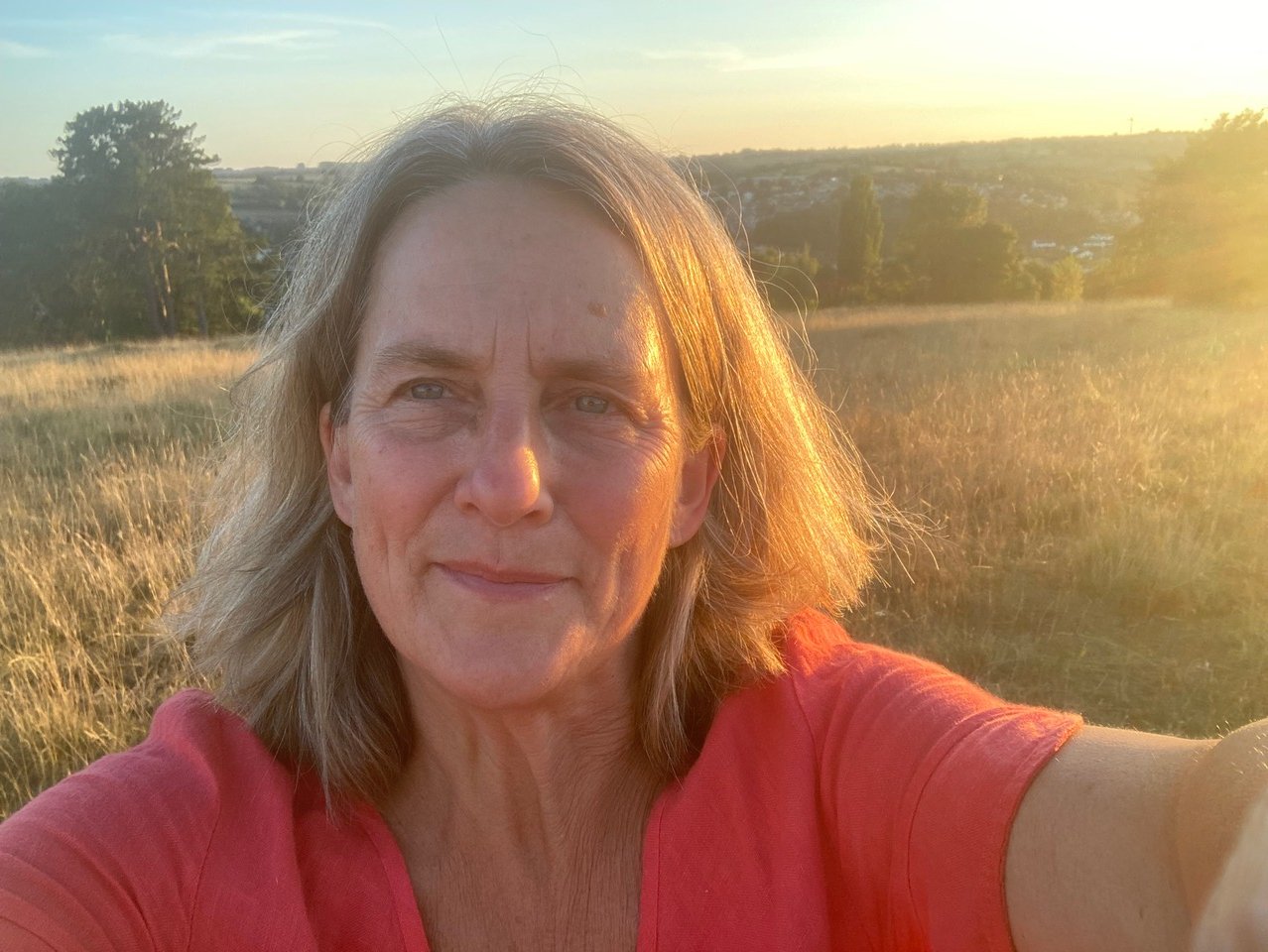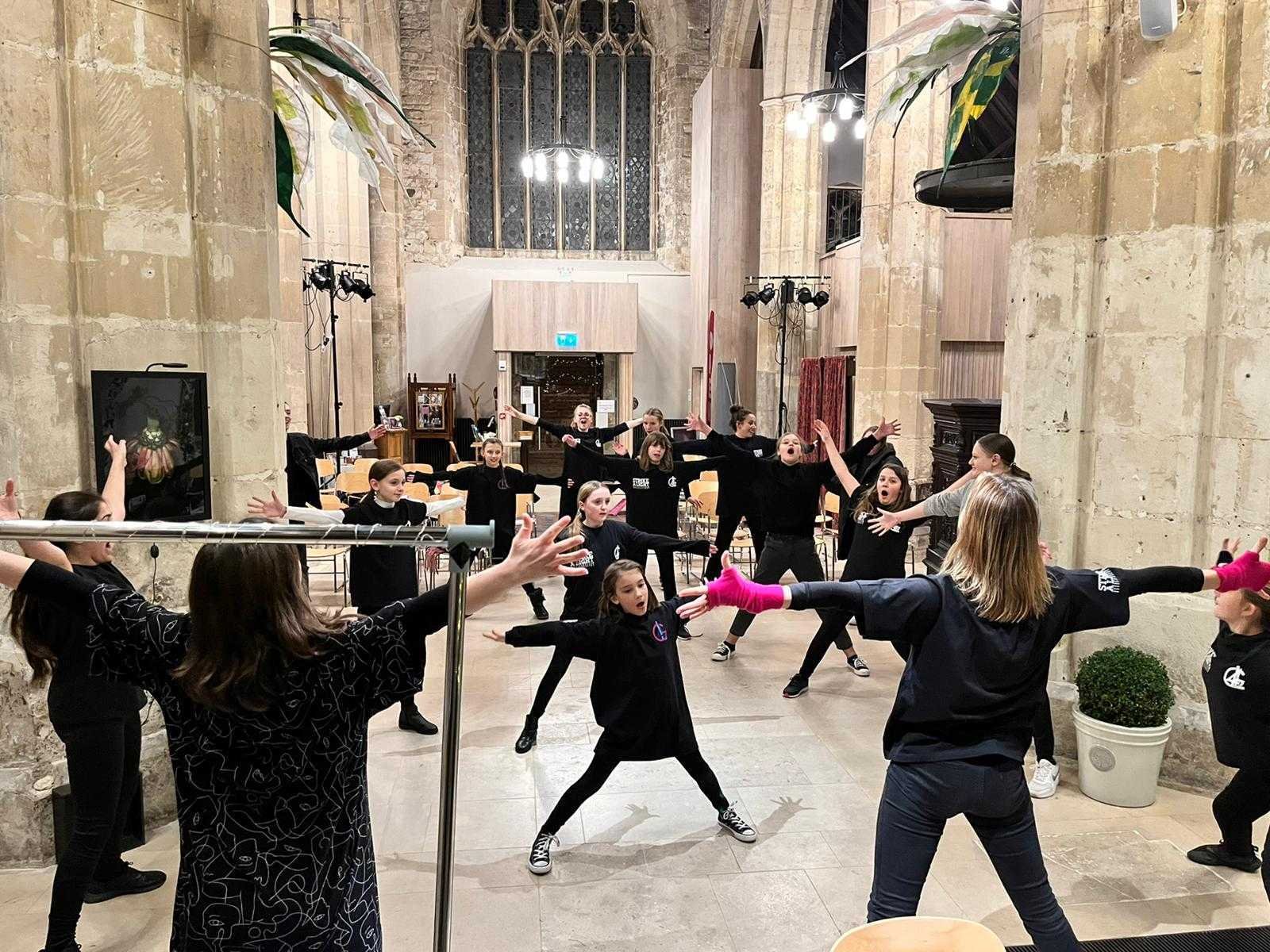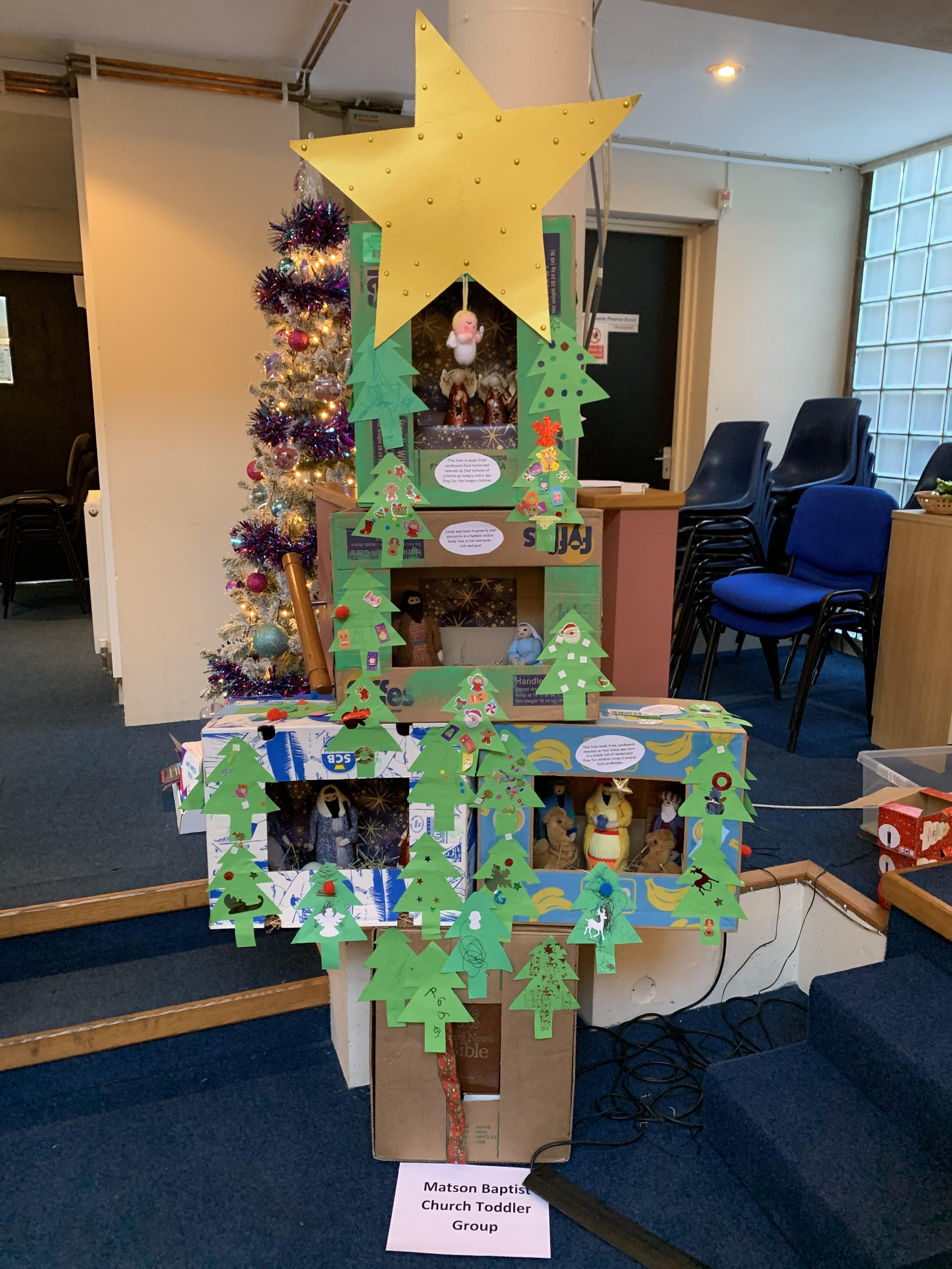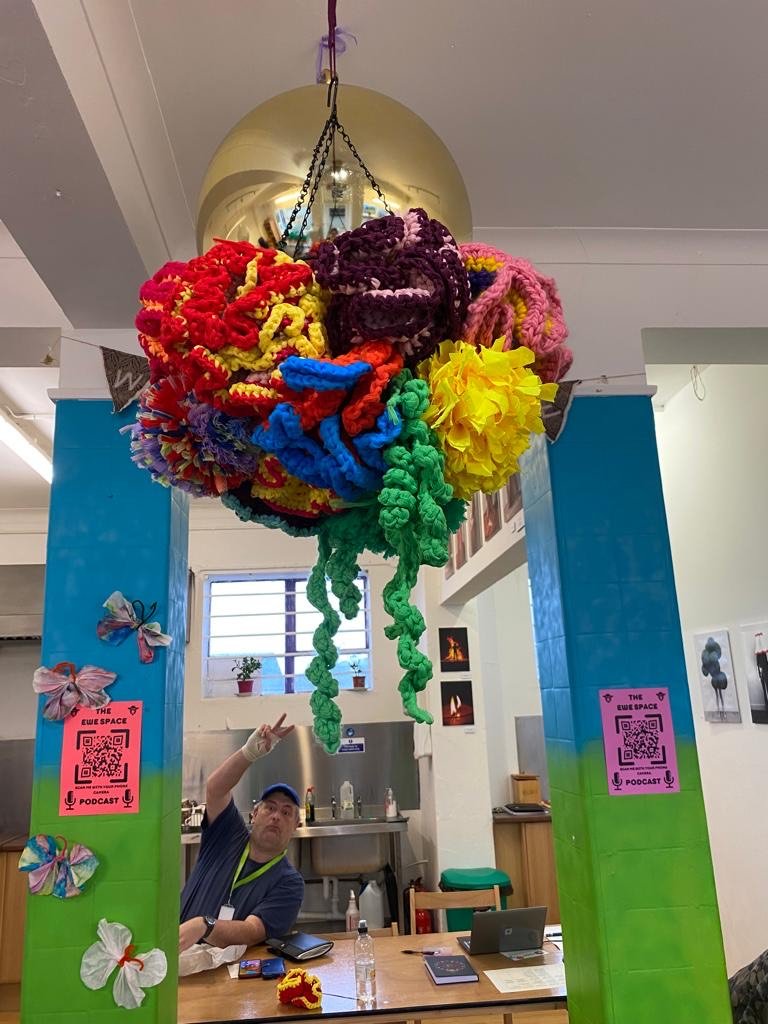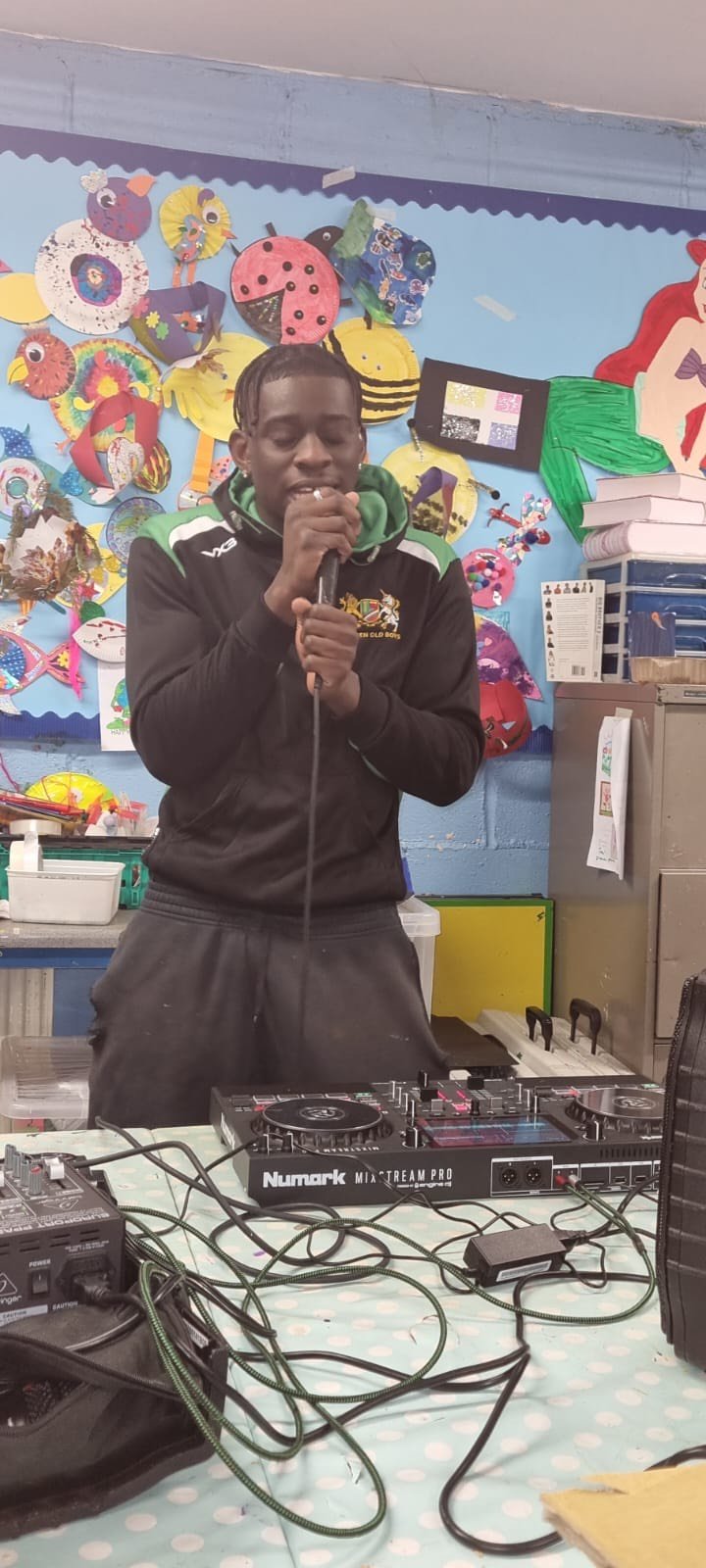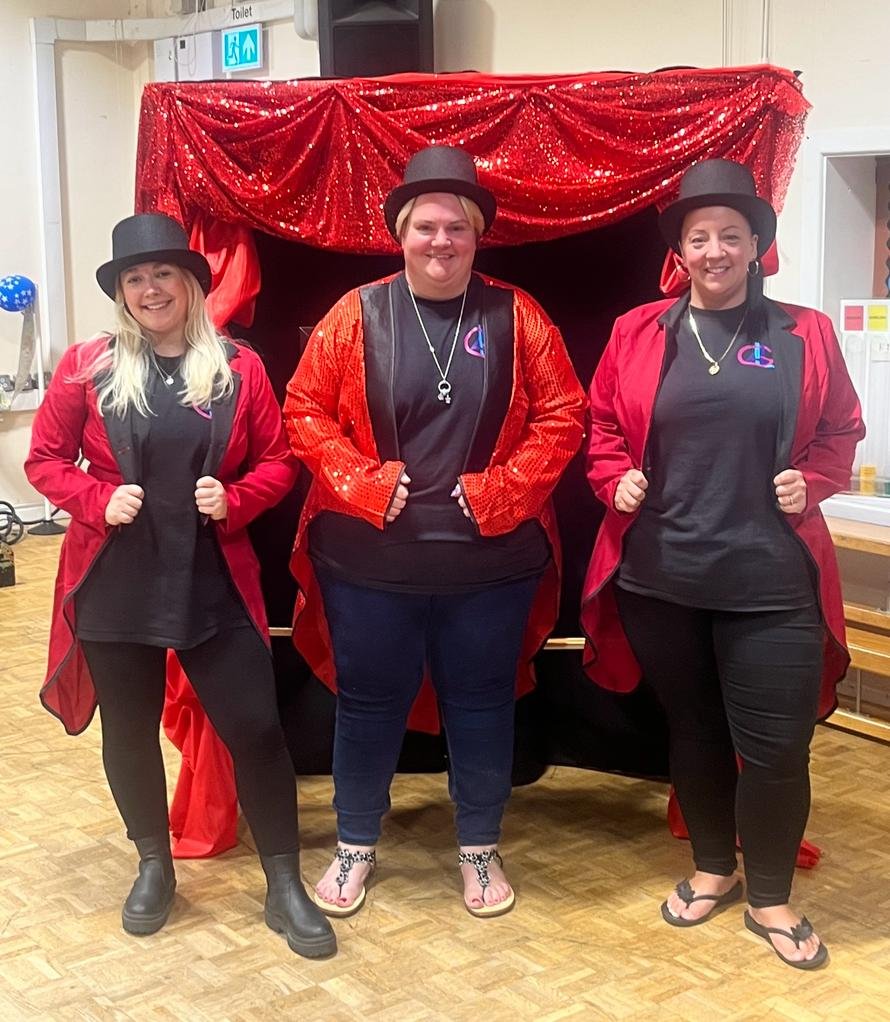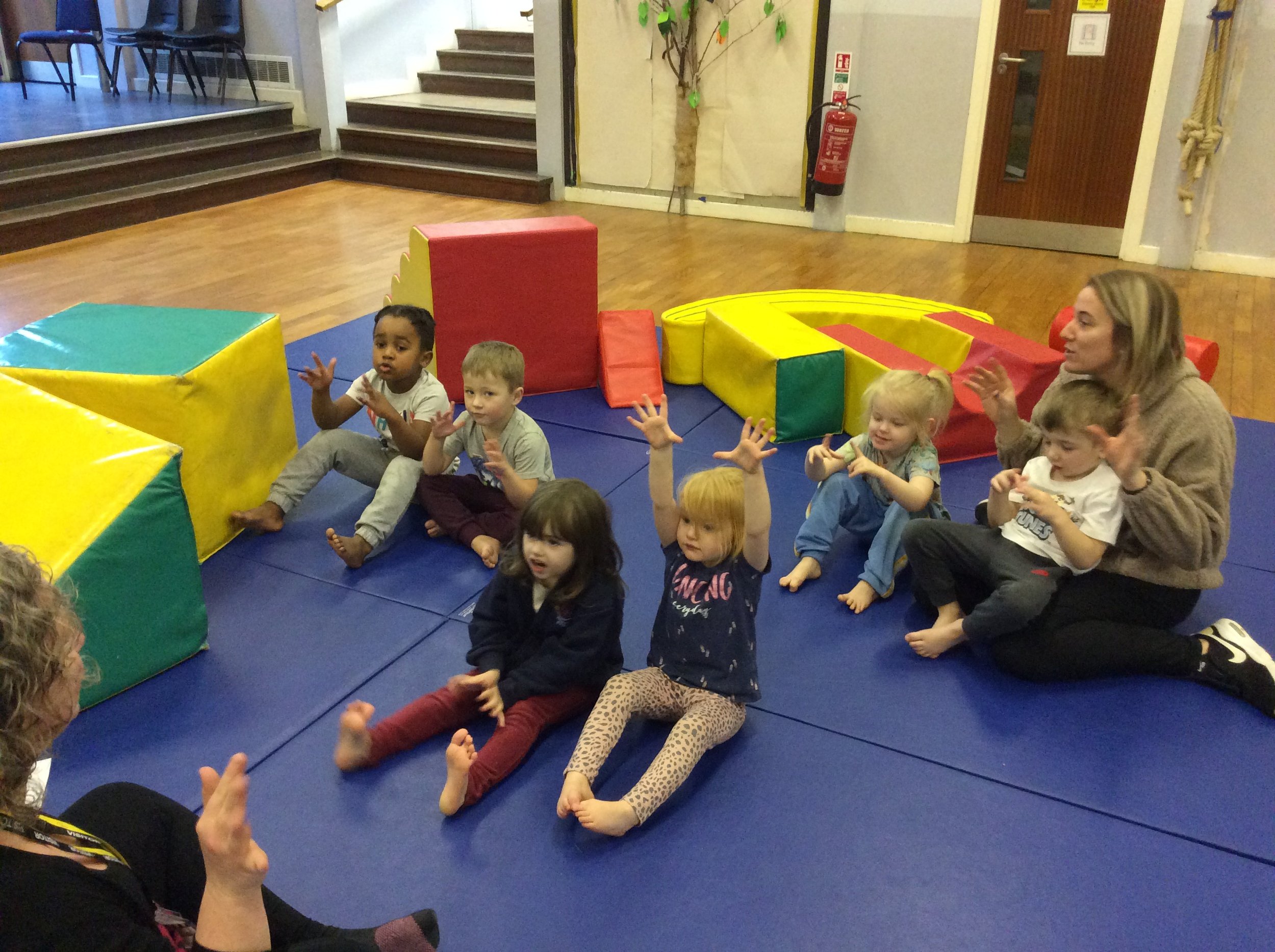What happened when Culture Matson began using a 'Community Chest' to distribute funding?
Culture Matson is a network for people in the area interested in making the area a more creative place to live.
Pippa Jones - CG’s founder and director
Debbie Christie - creative catalyst
Culture Matson started back in 2017 (you can read all about that in this blog). As the group has grown and developed, they have worked more closely and collaboratively. Recently they have been trialling using a ‘Community Chest’. A community chest is a shared investment fund that supports health and wellbeing and joins up money from the NHS, local authorities, and other sources, such as philanthropy and local business.
This creates an easy to access, local pot of funding for residents and local organisations who come up with ideas for projects. Members of Culture Matson are all voluntary and community-based organisations and collectively decide how best to use the money.
Firstly, tell us about the meetings - what do you talk about?
Debbie: Well, we all give a quick update. But when everyone is there that’s about 20 people so if they all do five minutes about their projects it can take the whole meeting!
Although the updates might not seem that useful, I can't think of any other community where an update happens between an artist, a police officer, a teacher, and a nurse. There's something about who is hearing these updates and that shared understanding which is unusual in a community. People are having conversations about anti-social behaviour across, rather than just within their own organisation.
I'm often really struck by the way the library, for instance, is now in conversation with the school. And changes in their Summer Reading Challenge are happening in the context of an ongoing conversation with the school about what and how it might work.
Having said that we’re aware we need to shake it up a bit and say “right, we've been meeting like this for a long time now, what's the next step to refresh it?”.
Do you need to live or work in Matson for it to work?
Debbie: There has been some tension between people who live there and people who don't live there in terms of who comes to Culture Matson. I think there is a real value to being local and living and working in the area. For example, GL4 is so passionate about their community because it's where they live and operate.
What do you talk about?
Debbie: Sometimes we have conversations about something that is happening in the community such as when there was an increase in antisocial behaviour at one point and how people didn't feel safe. It’s good to share what people are noticing. The value is in how we record and note it in a way that is sensitive. What we noticed - what was said, what wasn't said and the gaps.
Do you ever have challenging conversations?
Pippa: There were a lot of tricky conversations when we started the community chest. It hadn't been done before, so everyone had to decide how to manage the process. When we looked at which bids got funding, we also had to think of how we would challenge applications if we didn't think they should be funded. Some members of the group didn’t want to be named but we agreed that if you challenge a bid then you have to be open about why - you can't just say “no, I don't agree with that”. When money comes into the relationship it changes things. It brings a different element to the relationship. Although it’s relatively small amounts of money it can cause problems.
Debbie: I'd say it created tension but if you think about the Holding Space* model, it's going into a deeper level of relationship across the group. I think that's because we've moved from just being polite and nice to another level, a deeper level of actively thinking about relationships and behaviour processes. I feel like it's a tension that's a maturing one rather than a going backwards one.
What has been the role of the catalyst?
Pippa: Debbie's role has been vital. If we hadn't had Debbie the tension might have blown up but because she was there to hold it, it became a step towards greater maturity rather than blowing apart. By being independent and neutral it means that you don't have any bias. Debbie isn't trying to get money from the pot so therefore she is able to suggest things and people don't think she's only saying that she wants to get more money for herself. Having an independent creative catalyst role has helped to hold that tension and provided an outlet for people to run things past her.
How is power shared in the group?
Pippa: Ideally the admin and the chair need to be independent to ensure there is no conflict from any one person or organisation having more power. It goes back to the terms of reference around membership. It’s important that any rejections are dealt with properly.
Debbie: One question I keep coming back to is how open CM really feels for residents, individual artists or whoever to join. How outward looking are we? Does it need a rotation of roles to avoid being a fixed group? Sarah and Naomi were residents who came along to the group before they developed into an organisation (now GL4). How can we make sure this same opportunity is there for other artists or residents in a few years’ time?
CM Principles and Values document
Pippa: This year we created our Principles and values document - which simply says this is what this group's about, this is how we behave and how the meetings happen and why - so that people who are new can look at it and have a good understanding of why we do things the way we do. It's like the story of the journey we’ve been on.
Debbie: I also think groups get to a point where they're strong enough to include new people and it feels to me that Culture Matson is in that place now so I would feel quite confident in people coming along and the group being strong enough to not just dissolve.
Is it all about the money?
Debbie: No! it’s not just about money, it never started with any money and was never about that in the beginning anyway. The biggest value is probably the relationships and the relationship building in the community where people are in one place at one time every six weeks. It's just not the same on email. People get the opportunity to have a cup of tea talk before the meeting, talk after the meeting and there's probably lots of little things that have happened on the back of those CM meetings. The informal conversations are equally important to the main meeting.
Although the Community Chest has had funding success from the NHS and other organisations, we had great conversations, and we did great work well before we had money. What helps is having organisations such as the Gateway Trust who have been able to invest in small amounts such as underwriting the first GL4 shows. That created a sense of opportunity. We make sure that the conversations about the funding come at the end of the meeting not at the beginning.
How do you evaluate the projects?
Pippa: We have been thinking about testing a single evaluation framework, so there is equity across all the groups, particularly those who don’t have the same infrastructure and resources, particularly on how to capture data.
We use a digital platform called Airtable which allows you to add a report, a graph or upload a video or photograph. What we ask is not demanding but we offer data training sessions if you are new to this or you're unsure to help you just get some basic ideas under your belt about how you can collect data and the sort of data that might be useful.
How valuable is the data?
Debbie: Well we’re excited to see what happens when we join up the data because funding recipients used to collect it separately. Now people are starting to collect the data in the same way, then we’ve got an amazing opportunity to show the shared story rather than just the individual story.
It will also be interesting to understand the breakdown of Health, Community and Arts projects. We could share this data and stories with the NHS because their investment is based on using an Innovative approach around commissioning to make things happen.
And aside from delivering a lot of creative projects that address mental health, and physical well-being, we also used some funding for a defibrillator. Although a defibrillator isn't a cultural thing it is in a space that is used for a lot of the cultural activity in Matson and therefore it's given a real safety net for people that go to that venue.
What this NHS funding this year has been about, is how we scale and spread community-based arts and health activity and how we do that in a way that means people get it and use it and it's valuable.
By sharing this data we're going to be painting a picture of the possibility of community-based arts and health activity being accessed, used, funded by different people, and being appreciated.
That’s the kind of story that we want to tell. The number of individuals that have taken part in all these activities this year is quite significant. It's not saying that we did it all but the community-based arts and health stuff that happened because of investment by the NHS and others has allowed a range of local organisations to work together to create cultural medicine. They organised it and made it happen.
* ‘Holding Space’ is a skill taught in the catalyst leadership course that Debbie attended, which is about supporting a group to go through a change that might be challenging.
You can read more about the catalyst Leadership course which will be running again in January 2024.
Read more about Culture Matson and how to join a meeting here.
P.S Since this interview Culture Matson have made their ambition into making a film a reality. Watch the film 👇

